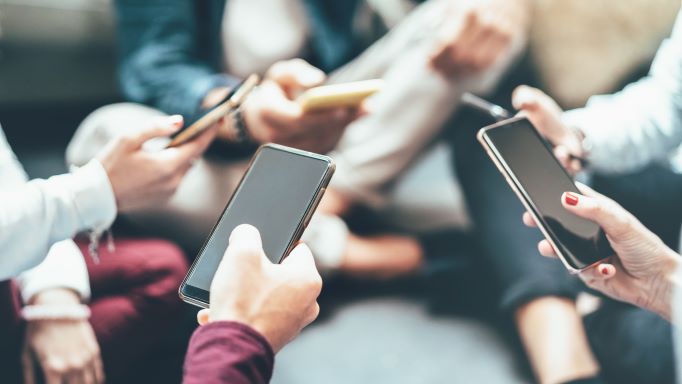
Everyone will know that the standard understanding is that too much screen time is bad for us, and that includes the small screens on our phones. Blue light is a problem, and especially when it is stimulating you in the evening when you could be winding down and getting ready for sleep. A whole lot of people will admit that they spend too much time on their device, but it turns out that may not be entirely a bad thing. It may still be taking away from your productivity and some people are definitely hooked on playing games on their phone, although it seems there may be an upside to interacting with handheld devices. There is research that is indicating that by entering and keeping information in your phone, you can actually improve your memory for information that is not stored in your phone. Meaning the information you have to reference with brainpower alone and not with your handheld digital assistant. Research published in the journal of Experimental Psychology suggests that much of it is in the way the devices ‘take a load off’ us with having to remember as much as we do, and it frees up memory to recall even more of the less important stuff. Whether overuse of smartphones or other digital technologies could promote cognitive decline in other contexts remains to be seen, but apparently you’re not going to have your memory become worse by using your smartphone. It might actually get better. This is something that will be of interest to any good Canadian web hosting provider like us here at 4GoodHosting given that mobile web browsing is much more dominant than desktop or notebook these days, and being focused on having a good mobile website for your business is a need. Even if you’re Let’s use this entry to talk about smartphone use and memory though and how it may actually improve if you’re very active with yours in keeping important information. CIRCLES In the past neuroscience has expressed concerns that the overuse of technology could result in the breakdown of cognitive abilities and cause what they termed ‘digital dementia’. The contrary results we...






